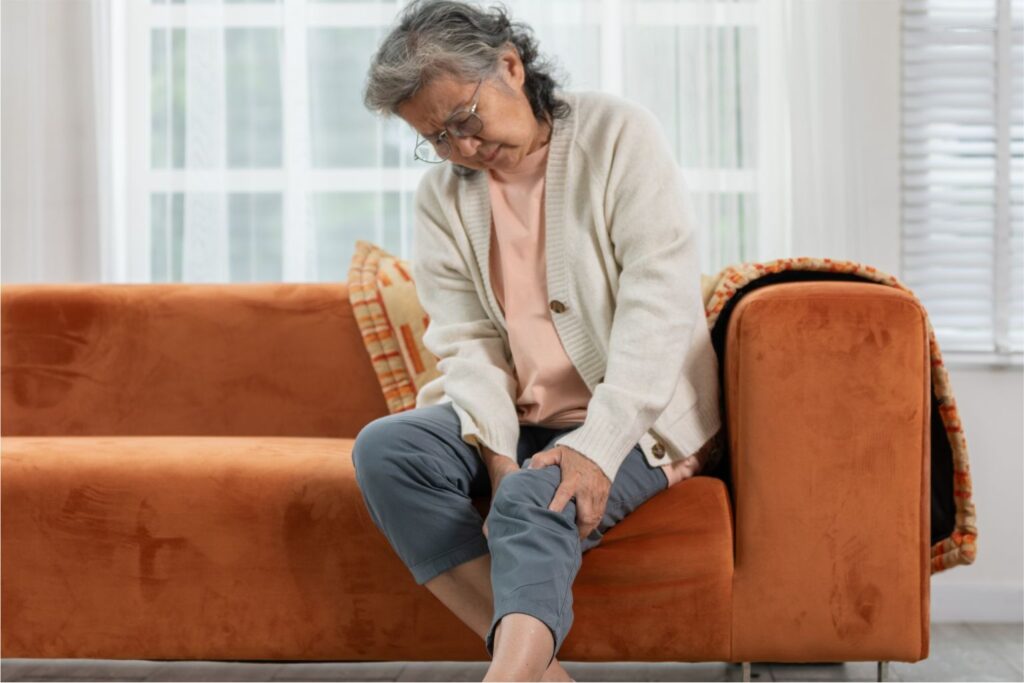
A new international study challenges the widely accepted idea that chronic inflammation, commonly referred to as “inflammageing,” is an unavoidable part of the ageing process.
The findings, published in Nature Aging, show that inflammageing may not be directly linked to ageing itself but rather to lifestyle and environmental factors associated with modern, industrialised societies.
Also Read | Healthy ageing? Coffee may hold the key for women, shows study
Researchers from Columbia University and international institutions studied inflammation patterns in four populations: two industrialised groups from Italy and Singapore and two indigenous, non-industrialised communities—the Tsimane of the Bolivian Amazon and the Orang Asli of Peninsular Malaysia. Blood samples from about 2,800 adults, aged 18–95, were analysed in the study.
The researchers found that the industrialised populations showed a clear increase in inflammation with age, but the same trend was not observed in the indigenous groups. In these communities, inflammation appeared to stem from infectious disease exposure rather than ageing, and, importantly, it did not lead to the development of chronic illnesses that are widespread in industrialised nations.
“These results point to an evolutionary mismatch between our immune systems and the environments we now live in,” said lead author Dr Alan Cohen, associate professor of environmental health sciences at Columbia University. “Inflammageing may not be a direct product of ageing, but rather a response to industrialised conditions.”
“The Tsimane and Orang Asli differ from us in so many ways—diet, activity, pollution exposure,” Cohen told The Independent. “This isn’t about mimicking them but understanding that we may be oversimplifying biology when we chase the latest health trends to reduce inflammation.”
The study involved the analysis of 19 cytokines, proteins involved in immune and inflammatory responses, and found clear age-related patterns in the industrialised groups but not among the indigenous participants. Researchers believe that the immune systems of native populations are shaped by lifelong exposure to infections and natural environmental factors, not sedentary lifestyles, processed diets, or pollution.
The absence of chronic disease among the Tsimane and Orang Asli, despite the presence of inflammation, further questions the assumption that all inflammation is harmful. “Even when the young in these communities have inflammatory profiles similar to those of older people in industrialised settings, it doesn’t lead to disease,” Cohen explained.








